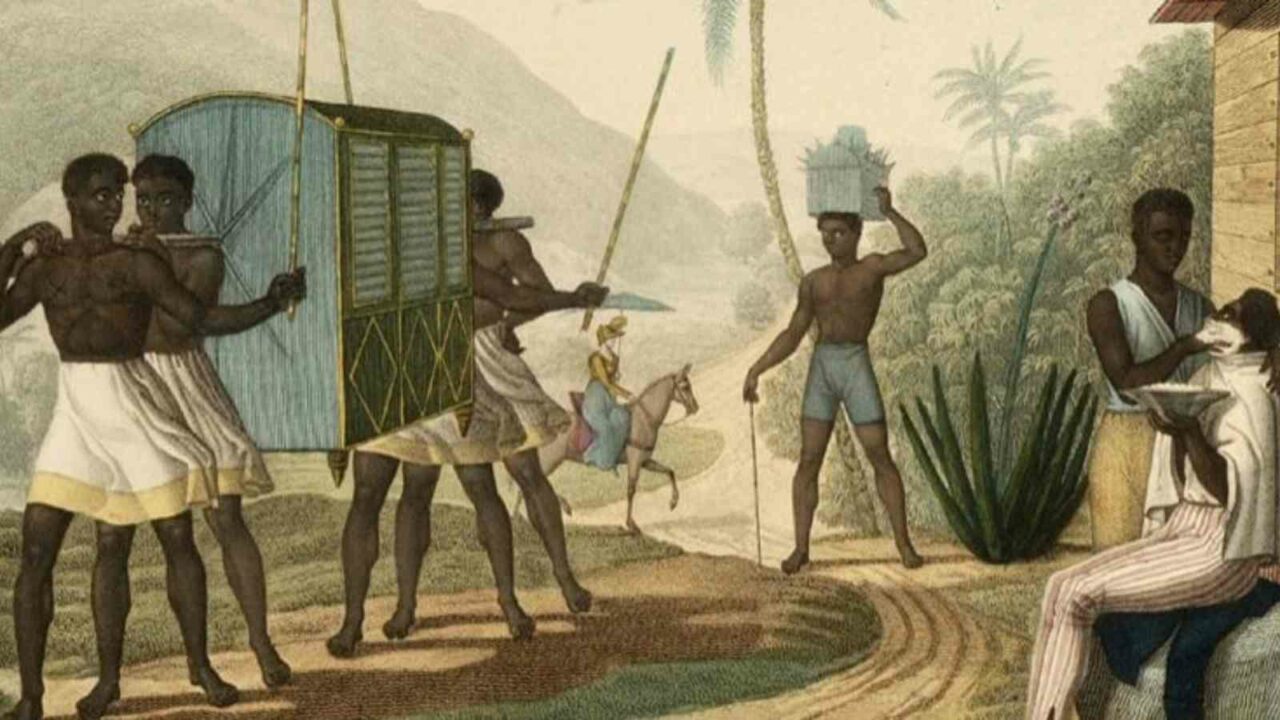February 1, 2023 will be a day that marks the beginning of a new era for Mauritius: Abolition of Slavery Day. On this day, Mauritius celebrates its emancipation from slavery and remembers the people who suffered under its yoke. It’s also an important reminder of how far we have come in our commitment to abolish slavery in all its forms. In this blog post, we will explore the history of slavery in Mauritius and how it was ultimately abolished, as well as looking at what we can do to continue fighting against modern-day forms of slavery around the world.
What is Abolition of Slavery Day?
Today marks the anniversary of the Abolition of Slavery in Mauritius. On this day in 1835, slavery was officially abolished in the British colony of Mauritius. This followed a long and hard-fought campaign by abolitionists, both in Mauritius and in Britain.
Around 2/3 of the population of Mauritius were slaves at the time of abolition. Most were brought from Africa, but some were also born into slavery on the island. Slavery was a brutal system, with slaves being treated as property and subject to horrific conditions.
The abolition of slavery was a turning point in Mauritian history. It led to mass emancipation and social change, as well as paving the way for independence from Britain. Today, Mauritius is a vibrant democracy with a large Indian-origin population, thanks in part to the legacy of abolition.
The History of Slavery in Mauritius
The first slaves were brought to Mauritius in the early 1700s by French colonists. They came from Africa, Madagascar, and India. The slave trade continued until the 1860s when it was finally abolished. During that time, an estimated half a million slaves were brought to Mauritius.
Most of the slaves were put to work on sugar plantations. Life was very hard for them. They had to work long hours in the hot sun with little food or rest. Many of them died from exhaustion or disease.
The slaves were treated very harshly. They were often beaten and tortured. If they tried to escape, they would be caught and punished severely. Sometimes they were even killed.
Despite the horrific conditions, some slaves did manage to escape and build new lives for themselves. Others fought back against their oppressors. In 1835, a group of slaves revolted against their masters and set fire to several sugar plantations. This event is known as the “Bois Caïman Rebellion”.
In 1838, slavery was finally abolished in Mauritius. However, it took many years for life to improve for the former slaves. They continued to face discrimination and poverty long after they gained their freedom
The Abolition of Slavery in Mauritius
The Abolition of Slavery in Mauritius was a gradual process that began in the early 19th century and culminated in 1835. The first slaves were brought to the island by the Dutch in 1658, and by the time of the British conquest in 1810, there were approximately 60,000 slaves on the island. In 1814, Britain abolished the slave trade, and in 1833 it passed the Abolition of Slavery Act, which provided for the gradual emancipation of all slaves in the British Empire. Mauritius was one of the first colonies to implement this Act, and by 1835 all slaves had been freed.
February 1st marks Abolition of Slavery Day in Mauritius, a national holiday that commemorates the end of slavery on the island. It is an opportunity to reflect on this dark period of history and celebrate the progress that has been made since then.
The Impact of the Abolition of Slavery in Mauritius
The abolition of slavery in Mauritius had a profound impact on the island’s society, economy and politics. The end of slavery resulted in a massive change in the island’s demographics, with the majority of the population now made up of former slaves. This had a significant impact on the economy, as the slave labor that had been the backbone of the plantation system was no longer available. The other major change was the political one, as Mauritius became a colony of the British Empire.
Car Insurance Day 2023: Date, History, Importance, Pros and Cons
Change Your Password Day 2023: Date, History, Purpose, Tips for Creating a Secure Password
World Read Aloud Day 2023: Date, History, How to Celebrate
World Aspergillosis Day 2023: Date, Alternatives, Foods to Eat
World Hijab Day 2023: Date, History, Importance and Significance
Conclusion
Abolition of Slavery Day – February 1, 2023 Mauritius is an important day in the history of Mauritius as it marks the date when slavery was abolished from this island. This day celebrates and commemorates all those individuals who fought for freedom and worked hard to bring about its proclamation. It serves as a reminder that we should never accept any form of oppression or injustice against anybody, regardless of their race, religion or social status. Abolition of Slavery Day encourages us to continue striving for justice and equality for everyone in our society today.
ABOLITION OF SLAVERY DAY DATES
| Year | Date | Day |
|---|---|---|
| 2023 | February 1 | Wednesday |
| 2024 | February 1 | Thursday |
| 2025 | February 1 | Saturday |
| 2026 | February 1 | Sunday |
| 2027 | February 1 | Monday |


















